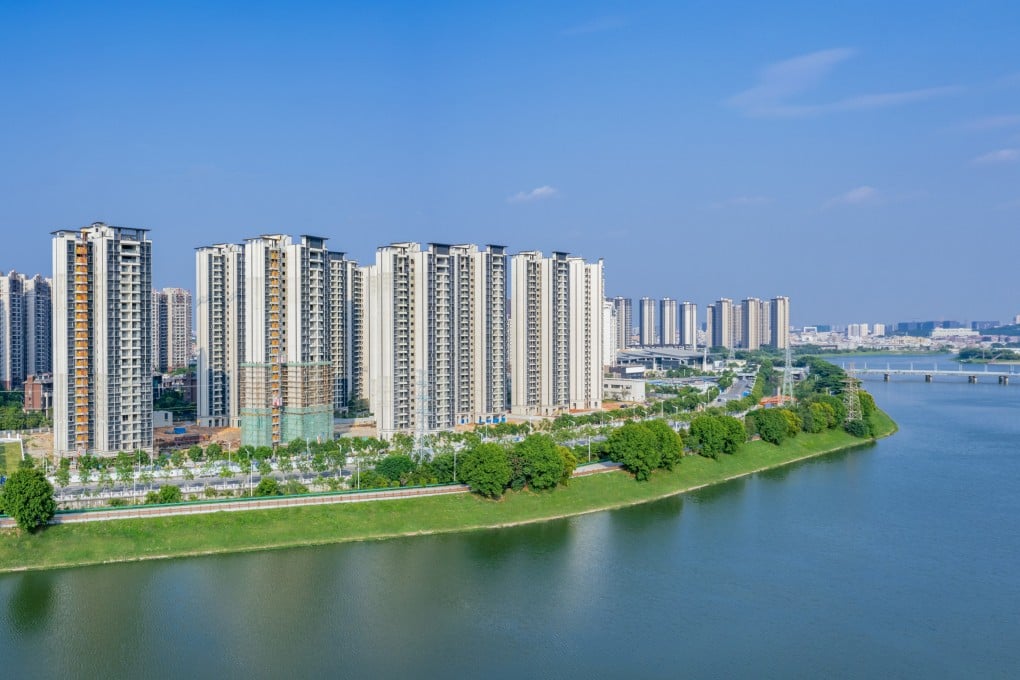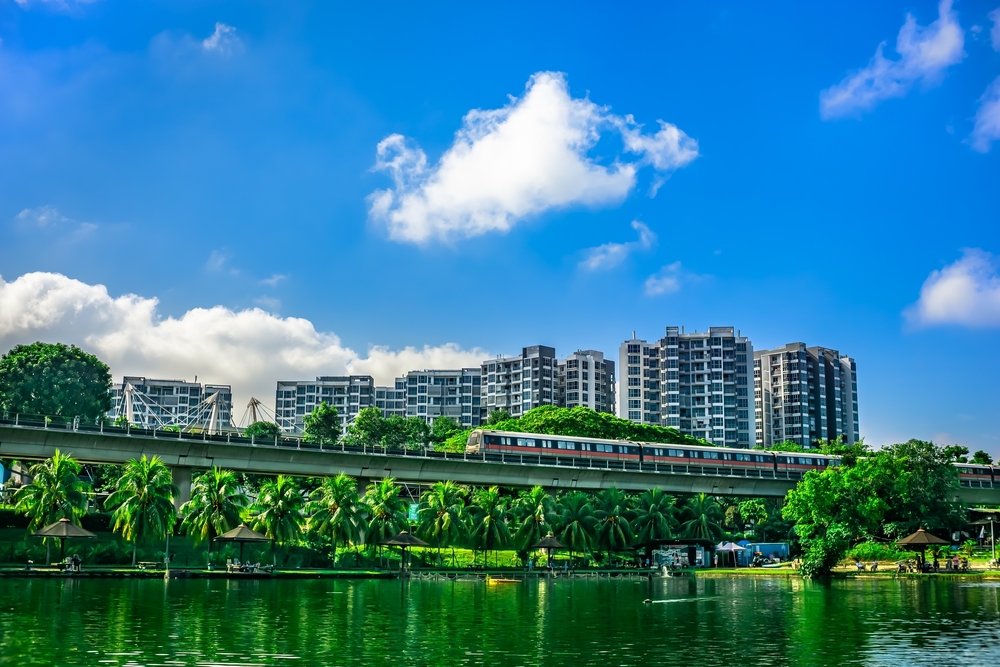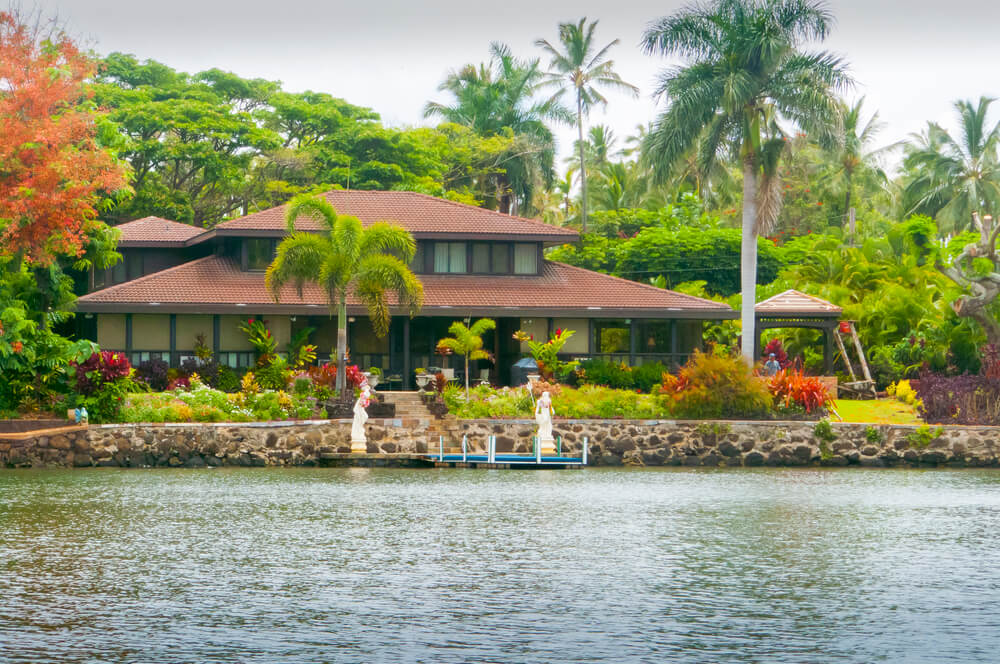Navigating the maze of property acquisition in Singapore can feel overwhelming, especially when faced with a slew of financial requirements that demand careful consideration. From the moment you decide to invest in this vibrant city-state, understanding the monetary landscape is paramount.
You may dream of owning a slice of this bustling metropolis, but do you know the hidden costs, the necessary deposits, or the financing options available to you? Whether youre a first-time buyer or a seasoned investor, preparing for the financial commitments ahead will arm you with the knowledge needed to make informed decisions. In this article, we will explore the essential financial prerequisites for purchasing property in Singapore, ensuring that your journey towards homeownership is as smooth and informed as possible.
Introduction to Property Buying in Singapore

Buying property in Singapore comes with both opportunities and challenges. As one of Asia’s most active real estate markets, it attracts both locals and expatriates.
Before making a purchase, you need to understand the financial steps involved. These include stamp duty, legal fees, and securing a mortgage with good terms.
Each part of the process requires careful planning. Developments like river green can give buyers a clear example of what to expect, combining modern living with smart investment potential. Whether you\’re looking at a small apartment or a larger home, knowing your budget and financial obligations is the first step toward owning property in Singapore.
Additional Buyer Stamp Duty (ABSD)

When considering the financial landscape of purchasing property in Singapore, it’s critical to understand the implications of the Additional Buyer Stamp Duty (ABSD). This tax is levied on residential property purchases, primarily aimed at curbing speculation and cooling the market.
If you’re a Singapore citizen buying your first home, rejoice—there’s no ABSD! However, for those venturing into their second property or buyers who are foreigners or permanent residents, the rates can escalate quickly, reaching as high as 30% in certain cases. The calculation can seem daunting, given the nuances involved, such as the type of property and your residency status, leaving many potential buyers feeling overwhelmed.
Thus, as you embark on this journey, ensure you are well-informed about the ABSD implications to better prepare your finances for this substantial expenditure. Understanding these nuances could very well mean the difference between securing your dream home or facing unwanted financial strain.
Home Insurance and Other Ongoing Costs

When calculating the financial requirements for buying property in Singapore, it’s crucial to factor in not just your mortgage but also ongoing costs like home insurance and maintenance expenses. Home insurance, often a necessity for safeguarding your investment, typically covers damages from unforeseen events such as fire or natural disasters, and while it may seem like an additional burden on your budget, it ultimately provides peace of mind.
Depending on the coverage and the provider, premiums can vary significantly, so shopping around is wise. Beyond insurance, consider regular costs like annual property taxes, which can catch first-time buyers off-guard, and service fees for condo owners, if applicable, that ensure the communal areas remain pristine.
Maintaining an accurate budget that encompasses these aspects will prepare you not just for the purchase but for the ongoing responsibility that property ownership entails. Balancing these various costs with your income will pave the way for a more secure and satisfying homeownership experience in Singapore.
Conclusion
In conclusion, navigating the financial requirements for purchasing property in Singapore is a critical step for potential homebuyers. From understanding the various types of financing options available to accounting for additional costs such as stamp duties and legal fees, thorough preparation is essential.
By carefully assessing your financial readiness and considering all associated expenses, you can make informed decisions that align with your budget and objectives. For instance, properties like River Green exemplify the diverse opportunities available in the Singapore market, highlighting the importance of strategic financial planning in making a successful investment.
Ultimately, being well-prepared will enable you to embark on your property journey with confidence and clarity.


